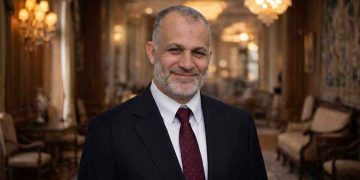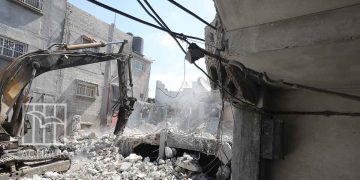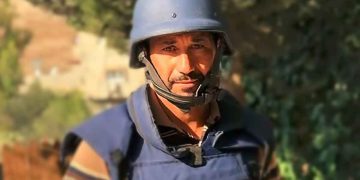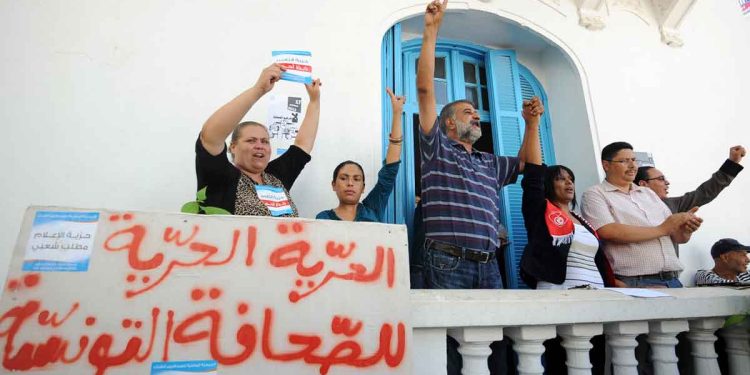On Saturday, January 15, 2022, the National Syndicate of Tunisian Journalists (SNJT) strongly condemned the “dangerous and unprecedented attacks by the police security forces” against journalists, while covering Friday’s protests President Kais Saied.
The Syndicate has reported more than 20 attacks against journalists and photojournalists during Friday’s protests at Avenue Habib Bourguiba.
The journalists were targeted despite showing their professional cards and wearing their distinctive vests, the SNJT added.
Four journalists and photojournalists were also arrested while covering the protests.
The SNJT described the violence as “a step backwards towards further restrictions on public freedoms, including freedom of expression, especially freedom of the press.”
Earlier Friday, footage widely shared by Tunisia social media activists showing Tunisian police forces using water cannon, sticks and tear gas to disperse hundreds of protesters while trying to reach central Tunis to demonstrate against president Kais Saied in defiance of COVID-19 restrictions.
A heavy police presence on Friday prevented the protesters from gathering on Habib Bourguiba Avenue, the main street in the centre of the capital that is the traditional focal point of demonstrations, including during the 2011 Tunisian uprising that ushered in democracy.
Noureddine El-Behairi ‘s Life at Risk
Tunisian lawyer Saida Al-Akrimi, wife of Ennahda vice-president Noureddine El-Behairi, said in a press statement that medical sources informed her that her husband’s life is in “extreme danger.”
She further pointed out that she was asked to “sign a document that disclaims the direct doctors’ responsibility for his health condition.”
Deputy head of the Tunisian Ennahda party and lawmaker, El-Behairi was arrested on Friday, December 31, 2021, by a number of security men in civilian clothes.
On Sunday, January 2, 2022, El-Behairi has been moved to hospital in “very critical condition” only three days after being arrested by plainclothes officer while leaving his house.
Since his sweeping decisions announced on July 25, President Kais Saied has repeatedly pointed his finger at judicial and executive authorities.
Addressing the nation on July 25, Saied announced that he would preside over the office of the public prosecutor as well.
Since then, cases accusing judges of wrongdoing have emerged, with 45 judges now placed under house arrest. A number of lawmakers were also violently arrested and summoned for investigation.
The Tunisian judiciary under Kais Said has been actively and arbitrarily used against the prominent figures of the opposition.






























